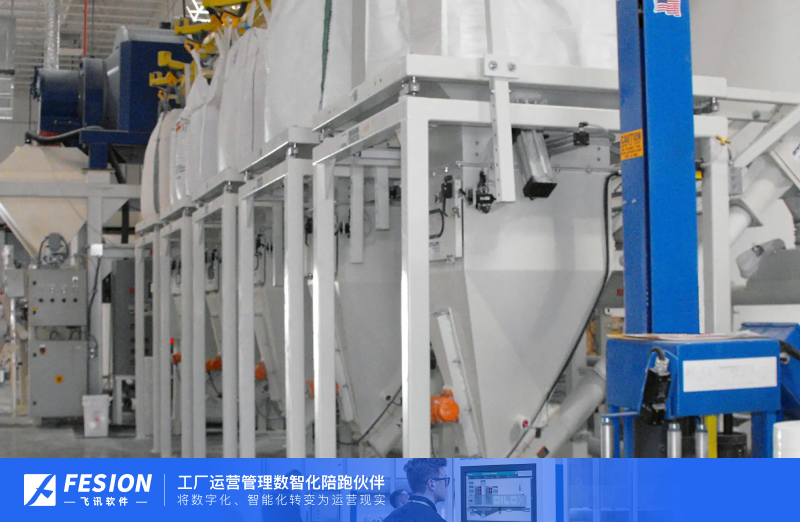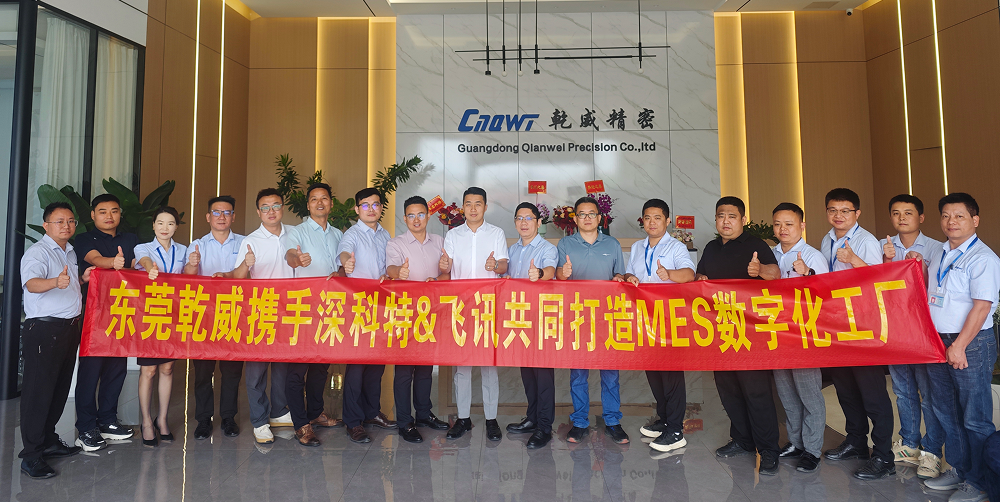工厂ERP系统在仓储管理中的应用场景

Title: The Application of ERP Systems in Warehouse Management
Introduction:
In today's fast-paced and highly competitive business environment, effective warehouse management is crucial for ensuring operational efficiency and customer satisfaction. With the advancement of technology, many companies are turning to Enterprise Resource Planning (ERP) systems to streamline their warehouse management processes. In this article, we will explore the various applications and benefits of ERP systems in warehouse management from multiple perspectives.
1. Inventory Control and Optimization:
One of the primary roles of an ERP system in warehouse management is inventory control and optimization. By integrating various processes such as procurement, production, and sales, an ERP system provides real-time visibility into inventory levels, helping companies avoid overstocking or stockouts. It enables accurate demand forecasting, automates reorder points, and facilitates efficient replenishment strategies. As a result, companies can minimize carrying costs, improve order fulfillment rates, and enhance customer satisfaction.
2. Warehouse Layout and Space Utilization:
Another vital aspect of warehouse management is optimizing the layout and space utilization. An ERP system assists in designing an efficient floor plan based on factors like product dimensions, sales volume, and picking patterns. It provides detailed information regarding the location of each item, allowing warehouse managers to determine the best placement to reduce travel time and optimize pick-and-pack processes. Furthermore, the system aids in identifying underutilized areas and reorganizing the warehouse to maximize storage capacity.
3. Automated Material Handling and Tracking:
With the integration of ERP systems, warehouses can implement automated material handling systems, such as conveyor belts, robotic arms, and barcode scanners. These technologies improve operational efficiency by minimizing manual handling and reducing human error. When combined with RFID or barcode technology, ERP systems enable real-time tracking of inventory movement from receiving to shipping. This enhances traceability, reduces loss or theft, and streamlines order fulfillment processes.
4. Labor Management and Performance Tracking:
Effective labor management is crucial for warehouse operations. ERP systems help in optimizing labor utilization by tracking employee productivity, assigning tasks, and monitoring performance. By providing real-time data on picking rates, packing accuracy, and order processing times, warehouse managers can identify bottlenecks and implement necessary training or process improvements. This leads to increased employee accountability, improved productivity, and reduced labor costs.
5. Supply Chain Collaboration:
Warehouse management is not an isolated function but an integral part of the broader supply chain. ERP systems facilitate seamless collaboration between different entities within the supply chain, including suppliers, manufacturers, distributors, and retailers. Through real-time data sharing and integration, companies can optimize procurement, production, and distribution processes, resulting in improved agility, reduced lead times, and better coordination with customer demand.
6. Data Analytics and Decision Making:
In addition to streamlining operational processes, ERP systems provide valuable insights through data analytics. By analyzing historical and real-time data, warehouse managers can identify trends, forecast demand, and make informed decisions. For example, they can determine the optimal replenishment quantity, plan for seasonal variations, or identify products with low turnover. These data-driven insights enable proactive decision-making, ultimately improving warehouse efficiency and profitability.
Conclusion:
The application of ERP systems in warehouse management offers multiple benefits across various aspects of operations. From inventory control and optimization to labor management and supply chain collaboration, ERP systems empower companies to enhance efficiency, reduce costs, and improve customer satisfaction. As technology continues to advance, embracing ERP systems becomes essential for companies striving to stay competitive in the ever-evolving business landscape.
��Ѷ���������2006�꣬ӵ�������з����뿪��ƽ̨����һ�Ҽ���Ӫ�������졢�ɹ���ȫ��·���ǻ��������Ʒ����̺ͷ����̡���Ʒ�������ֻ����䡢����������������������˾��MRO��ERP��MES��WMS��CRM��SRM�Ȳ�ƷΪ������Ϊ�ͻ��ṩ���ǻ��������巽���滮��������ܷ�����Χ���������Ǻͳ����ǵ����������ڰ����ͻ������к�ʵ�ʳ������ɴ��С��ɴ��µ����ֻ���Ӫ��ϵ�������������Ϣ�����������ֻ��;������ܻ��������⣬Ϊ��ͬ��ҵ����ͬ��ʵ�ֲ�ͬ�ľ�ӪĿ�ꡣ























请先 登录后发表评论 ~